Statewide Treaty Bill: Australia’s First Treaty with the Indigenous Australians Passed in Victoria
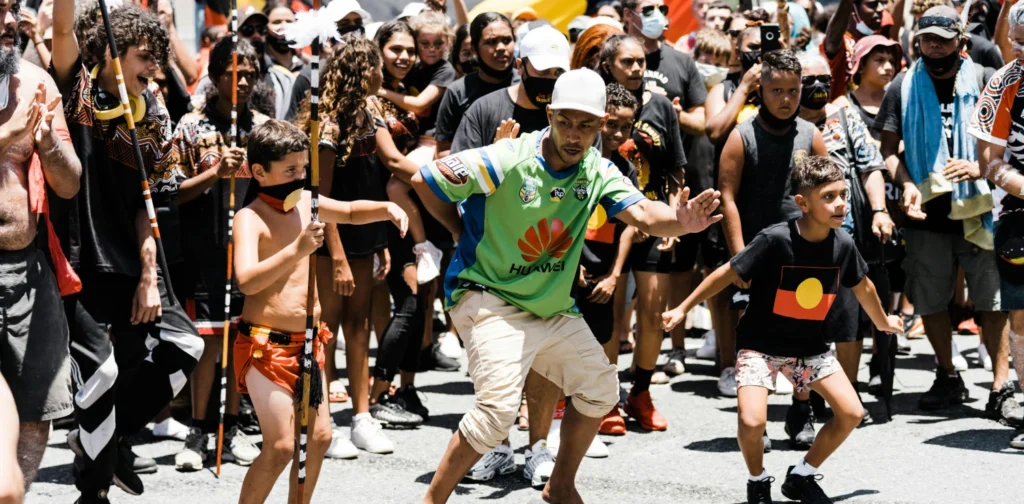
Photo: Stewart Munro on Unsplash.
Indigenous Australians have been fighting for their rights and recognition for centuries. Yet, progress has been slow and even stalled. In 2025, the state of Victoria passed the Statewide Treaty Bill, which acknowledges their right to self-determination. What does this bill entail?
Systemic Discrimination Against Indigenous Australians
Aboriginal and Torres Strait Islander peoples, or the First Peoples of Australia, have been living in the continent for at least 60,000 years. Today, they represent approximately 3.8% of the total Australian population with hundreds of distinct cultural identities and languages.
However, over 200 years of colonisation had subjected the First Peoples to a violent dispossession. The communities lost nearly 90% of their population, along with their land, language, and culture.
Even now, First Peoples are still faced with systematic discrimination that denies their access to justice, health, education, and politics. They remain underrepresented in Australia’s public and policy spaces. For example, only 1.5% of Federal Parliamentarians in 2018 were Indigenous.
Concerningly, despite being a party to international covenants on human rights, Australia has resisted acknowledging Aboriginal and Torres Strait Islander peoples in their Constitution. The majority of Australians still voted “No” to a referendum proposed in 2023 to recognise this right. Even though there are calls for national treaty and reform on Indigenous rights, there had never been a formally recognised treaty between the government and the First Peoples—not until the state of Victoria passed its first formal treaty.
Statewide Treaty Bill
Victoria is the first Australian state to sign a formal treaty with the First Peoples. The Statewide Treaty Bill was passed by the parliament in October 2025 and entered into law on November 12, 2025.
The Treaty is a significant, but long overdue, step towards reconciliation by acknowledging the historical and ongoing injustices faced by the First Peoples. It also advances the inherent rights and self-determination of First Peoples and affirms their connection to their lands.
There are several notable highlights brought by the Statewide Treaty Bill. The Bill established a representative body called Gellung Warl, which brings First Peoples into decision-making forums. This body comprises three main parts.
The First Assembly will serve to advise the Parliament and the State government regarding laws and policies that affect First Peoples. Next, a truth-telling body called Nyerna Yoorrook Telkuna will facilitate non-judicial and self-determined truth-telling throughout Victoria. This will allow First Peoples and other Victorians to share their experiences and history to support reconciliation. The third part is an accountability body called Nginma Ngainga Wara, which aims to provide independent oversight and greater accountability for the Government.
Important Step Towards Reconciliation
In addition to the representative body, the Statewide Treaty Bill also laid the foundation for a range of other measures that reflect commitments to upholding the First Peoples’ rights, such as funding for facilities and infrastructure, incorporating the First Peoples’ history into the school curriculum, and naming more places by their Indigenous names.
“This is an important step forward in our journey to truth-telling and reconciliation in Victoria. By ensuring First Peoples have a say in decision-making, we set the foundation for meaningful change. Treaty reflects the courage and determination of First Nations Victorians and our work to look ahead to a future where justice and equality are at the heart of everything we do,” said Natalie Hutchins, Minister for Treaty and First Peoples.
Ultimately, there is a lot more to be done nationwide for the rights of the Aboriginal and Torres Strait Islander peoples. Hopefully, this treaty can serve as a kickstarter for the rest of the country to adopt similar measures of reconciliation built on mutual respect and human rights.
Editor: Nazalea Kusuma & Kresentia Madina


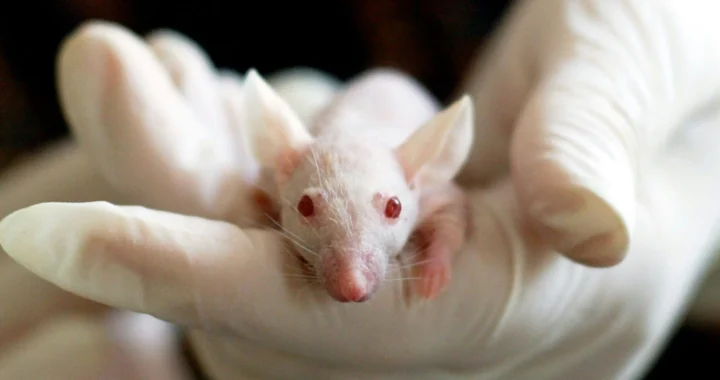 Exploring Technological Advancement to Replace Animal Testing
Exploring Technological Advancement to Replace Animal Testing  Addressing Overconsumption for Transformational Changes
Addressing Overconsumption for Transformational Changes 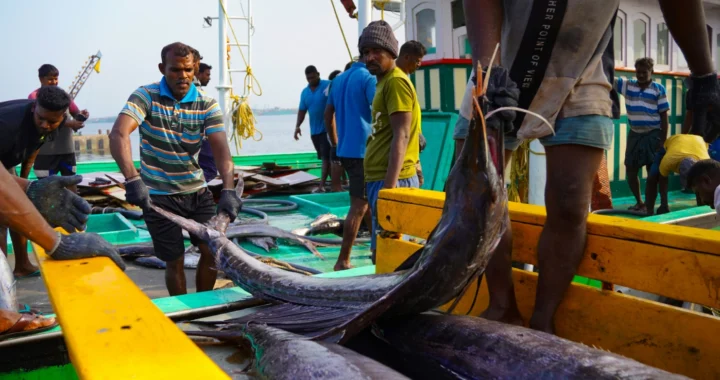 Global Reform on Fisheries Subsidies Signals a Hopeful Shift Toward Ocean Sustainability
Global Reform on Fisheries Subsidies Signals a Hopeful Shift Toward Ocean Sustainability 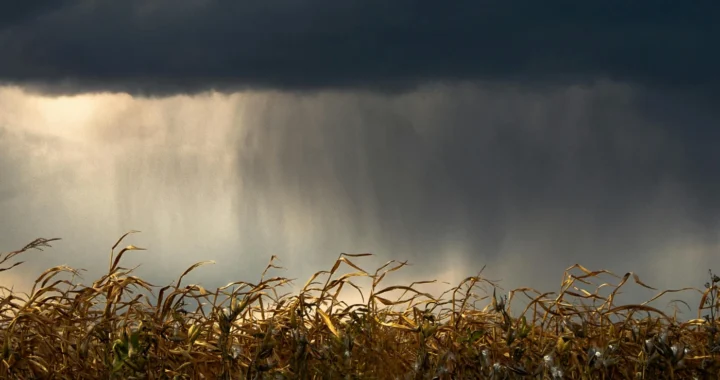 A Major Cause of Changing Rainfall Patterns
A Major Cause of Changing Rainfall Patterns 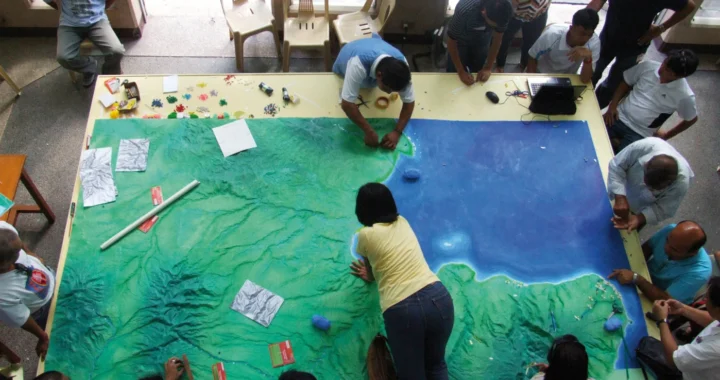 Strengthening Disaster Risk Governance at Local Levels
Strengthening Disaster Risk Governance at Local Levels  Recognizing the Role of Local Communities in Biodiversity Conservation
Recognizing the Role of Local Communities in Biodiversity Conservation